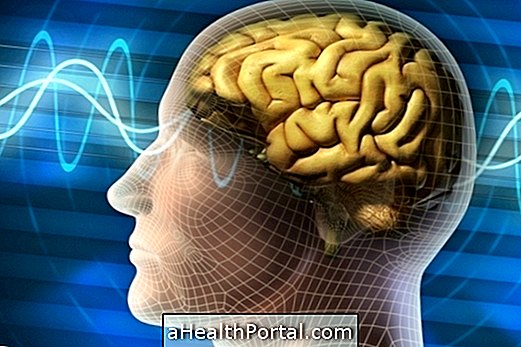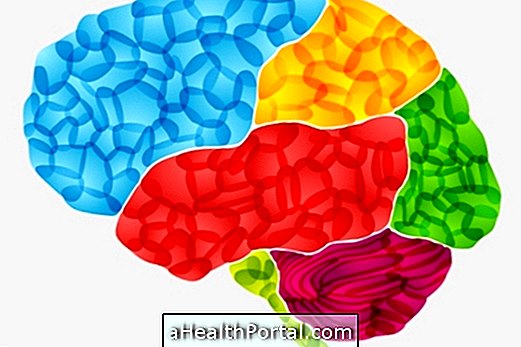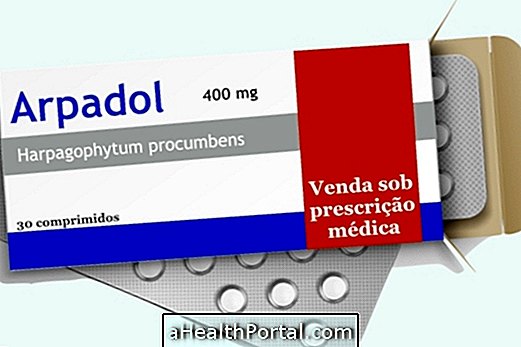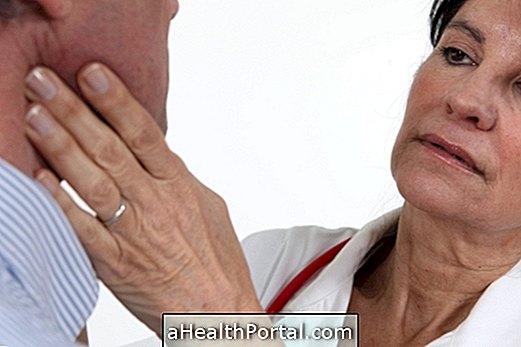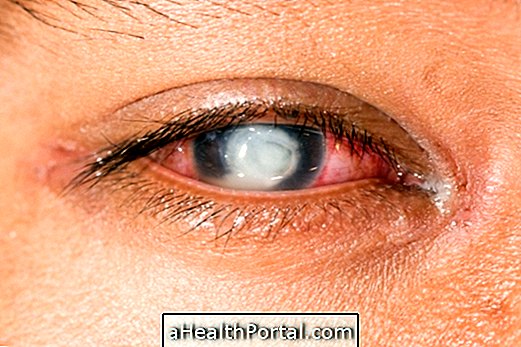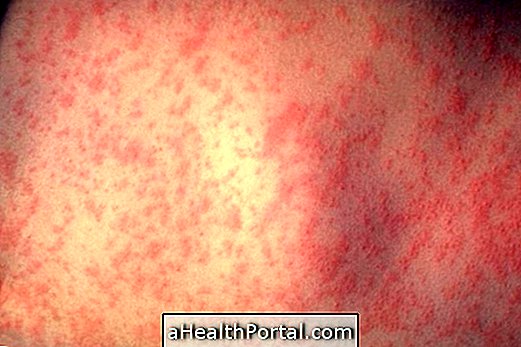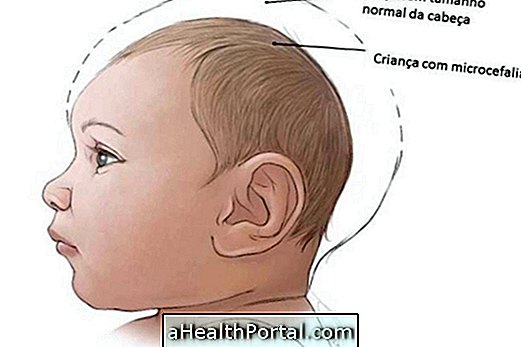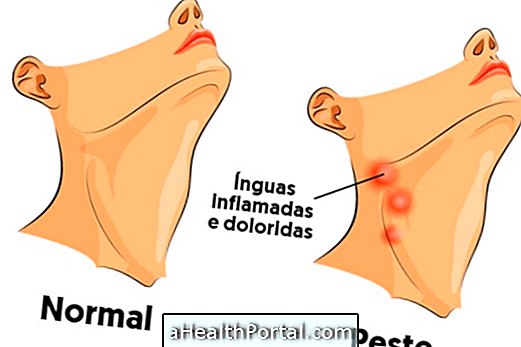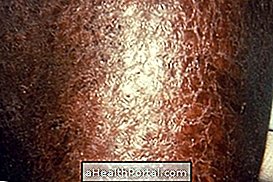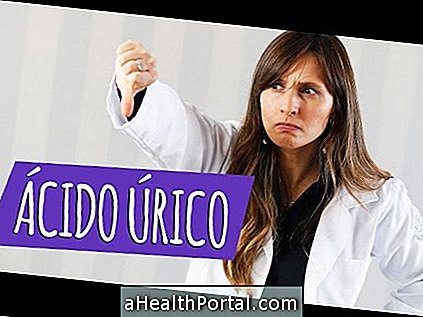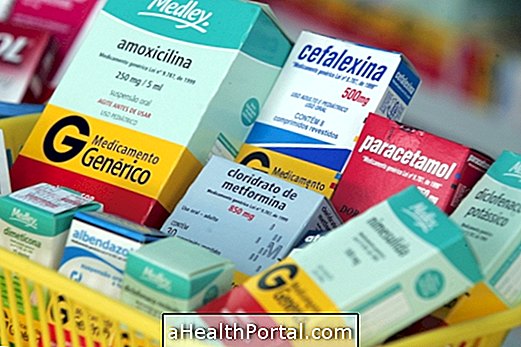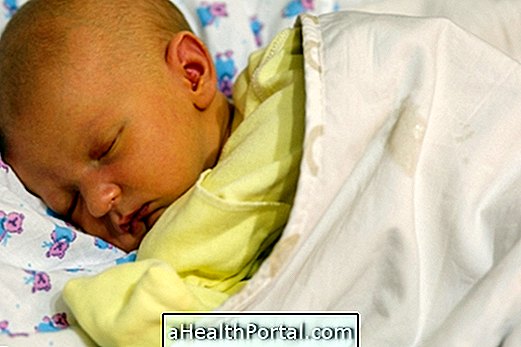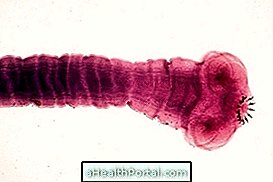Treatment for stomach cancer can be done with surgery, chemotherapy, radiation therapy and immunotherapy, depending on the type of cancer and general health of the patient.
Stomach cancer, in the early stages, has few symptoms, making it difficult to diagnose. Some symptoms of stomach cancer are heartburn, indigestion, full belly sensation and vomiting.
The chance of stomach cancer healing is low unless it has been detected early and is not yet well developed or spread throughout the body.
Surgery for stomach cancer
Surgery for stomach cancer is the most common treatment and with best results in the treatment of this type of cancer. The surgery can be used to remove only the cancer, a part of the stomach, or the entire stomach, as well as the region's lymph nodes depending on the stage of the disease.
Some surgical procedures that can be performed are:
- Endoscopic mucosal resection: performed in the early stages of the disease, in which the cancer is removed through endoscopy;
- Subtotal gastrectomy: consists of the withdrawal of only part of the stomach and is often performed when cancer is located in the lower part of the stomach;
- Total gastrectomy: consists of the removal of the entire stomach and is indicated for when the cancer has already reached the entire organ or is located at the top.
When the entire stomach is removed, it may be necessary to remove spleen, parts of the esophagus, intestine, pancreas and other organs to prevent cancer spreading. After the general gastrectomy, the doctor attaches the esophagus to the intestine.
Some side effects of surgery for stomach cancer may be heartburn, belly pain and vitamin deficiency. It is important that patients take vitamin supplements and eat a controlled diet with smaller meals to avoid these complications.
Chemotherapy for stomach cancer
Chemotherapy for stomach cancer uses drugs to kill cancer cells that can be taken orally or by injection into the veins. There are several medications used to treat this cancer, such as fluorouracil, doxorubicin or methotrexate, and are often used in combination for best results.
Chemotherapy can be done before surgery to help reduce the size of the tumor, and after surgery to eliminate the cancer cells that may not have been removed.
Some side effects of chemotherapy for stomach cancer are:
- Nausea and vomiting;
- Loss of appetite;
- Hair loss;
- Diarrhea;
- Inflammation in the mouth;
- Anemia.
By having action throughout the body, chemotherapy makes the immune system more fragile which increases the risk of the patient having infections. Usually the side effects disappear after a few days after treatment.
Radiation therapy for stomach cancer
Radiation therapy for stomach cancer uses radiation to destroy, reduce or control the development of cancer. Usually, the treatment is performed 5 times a week for a period of 5 to 6 weeks.
Radiation therapy can be performed after surgery to destroy very small cells that have not been reduced in surgery or in conjunction with chemotherapy to prevent the onset of cancer. Radiation therapy can be used in the more advanced stages of cancer to relieve symptoms of the disease such as pain and bleeding.
The side effects of radiation therapy for stomach cancer can be:
- Skin burns in the region affected by the treatment;
- Nausea and vomiting;
- Diarrhea;
- Body ache;
- Anemia.
The side effects of radiation therapy are most intense when taken together with chemotherapy.
Immunotherapy for stomach cancer
Immunotherapy for stomach cancer involves the use of drugs that stimulate the patient's immunity to attack the cancer cells present in the body. Immunotherapy can be done in conjunction with chemotherapy and helps to better control the growth and development of cancer.
One medicine used in immunotherapy is Trastuzumab, which is given intravenously every 3 weeks along with chemotherapy.
Some side effects of immunotherapy for stomach cancer are fever, weakness, chills, nausea, vomiting, coughing and diarrhea.
Useful links:
- Stomach cancer
- Herceptin (Trastuzumab)
